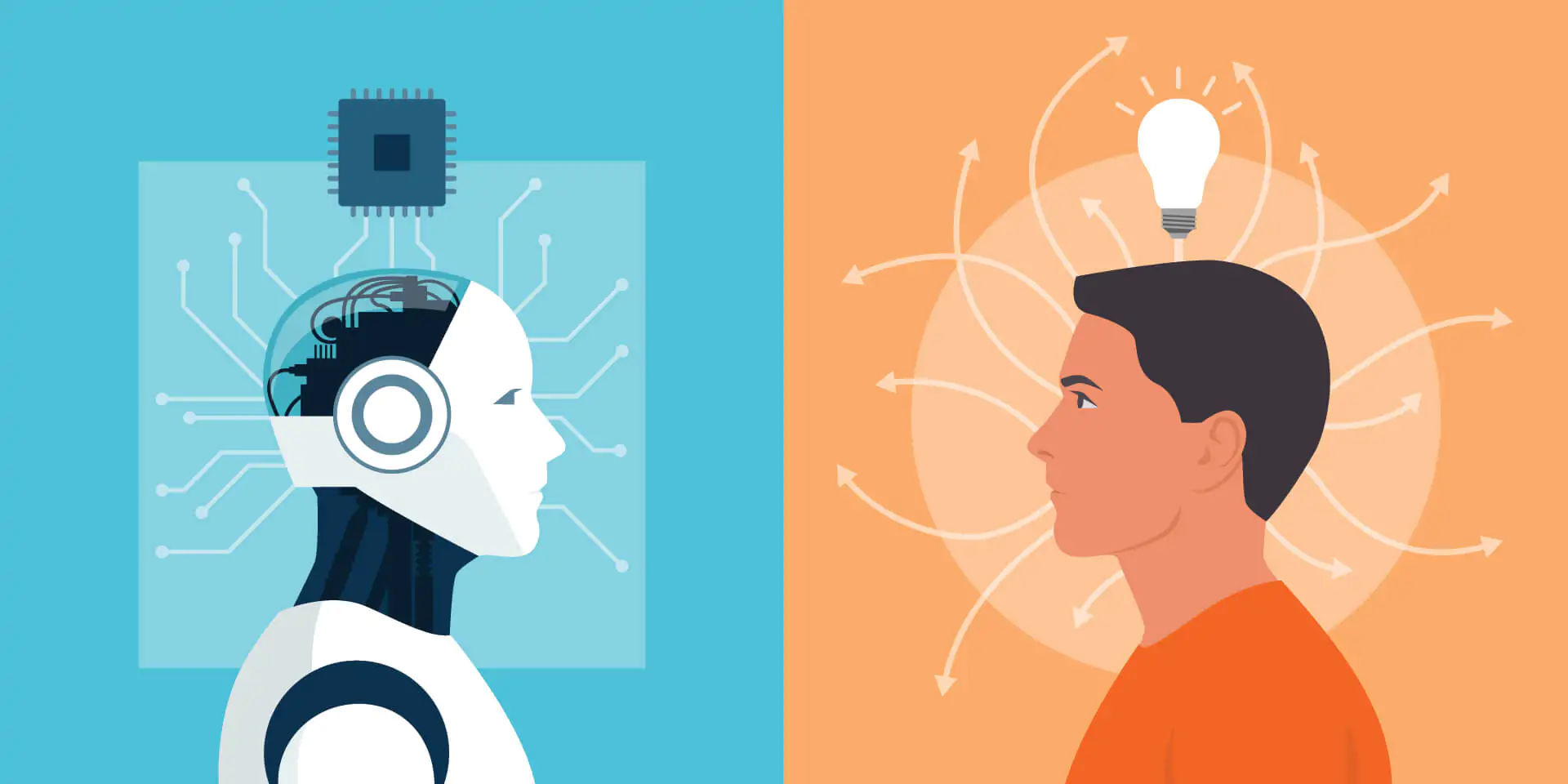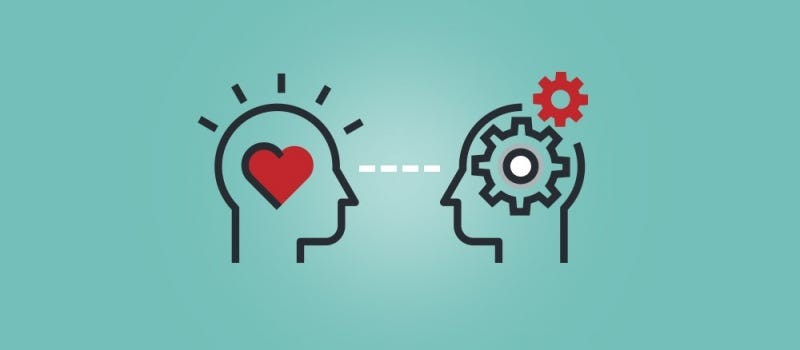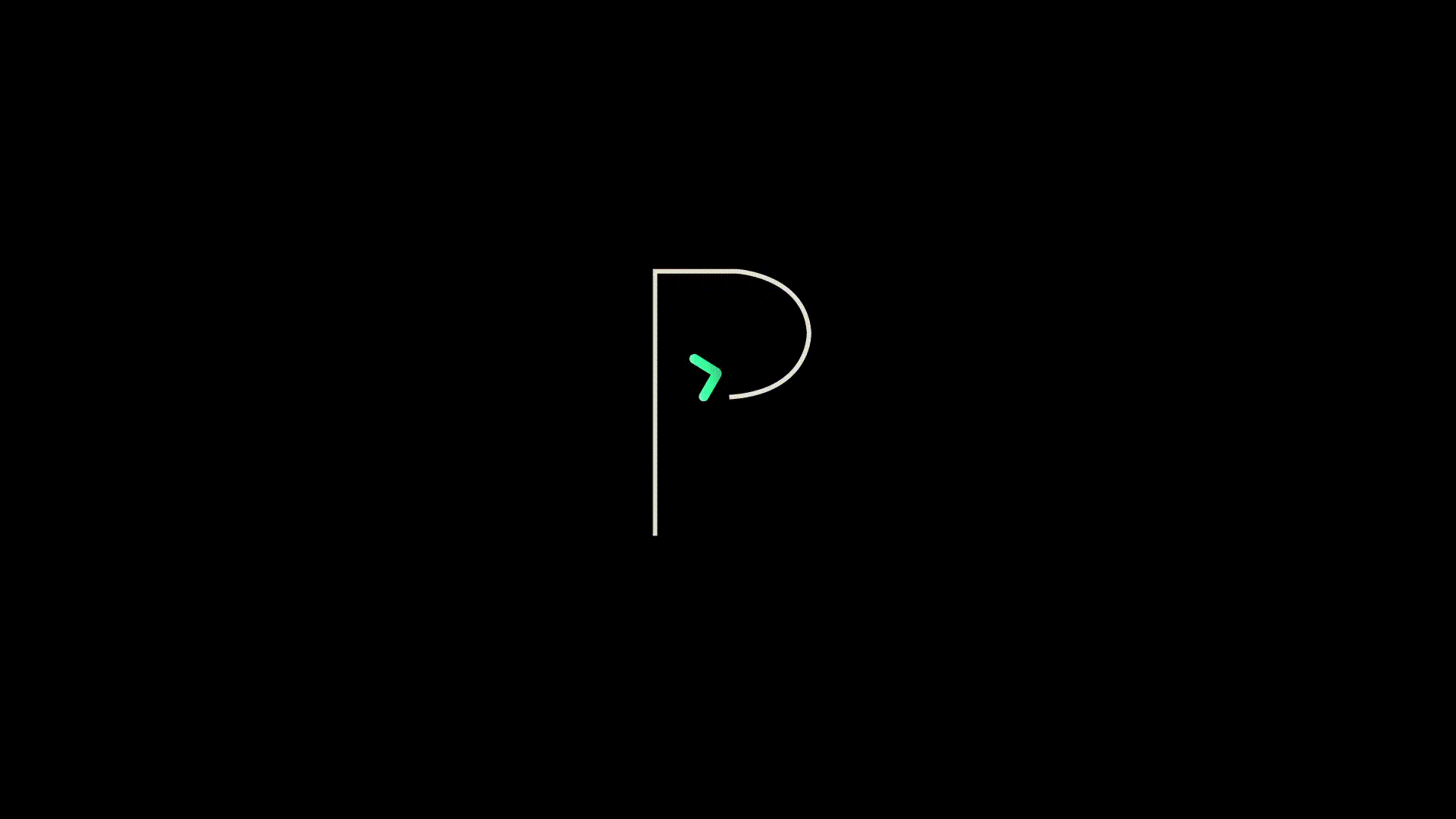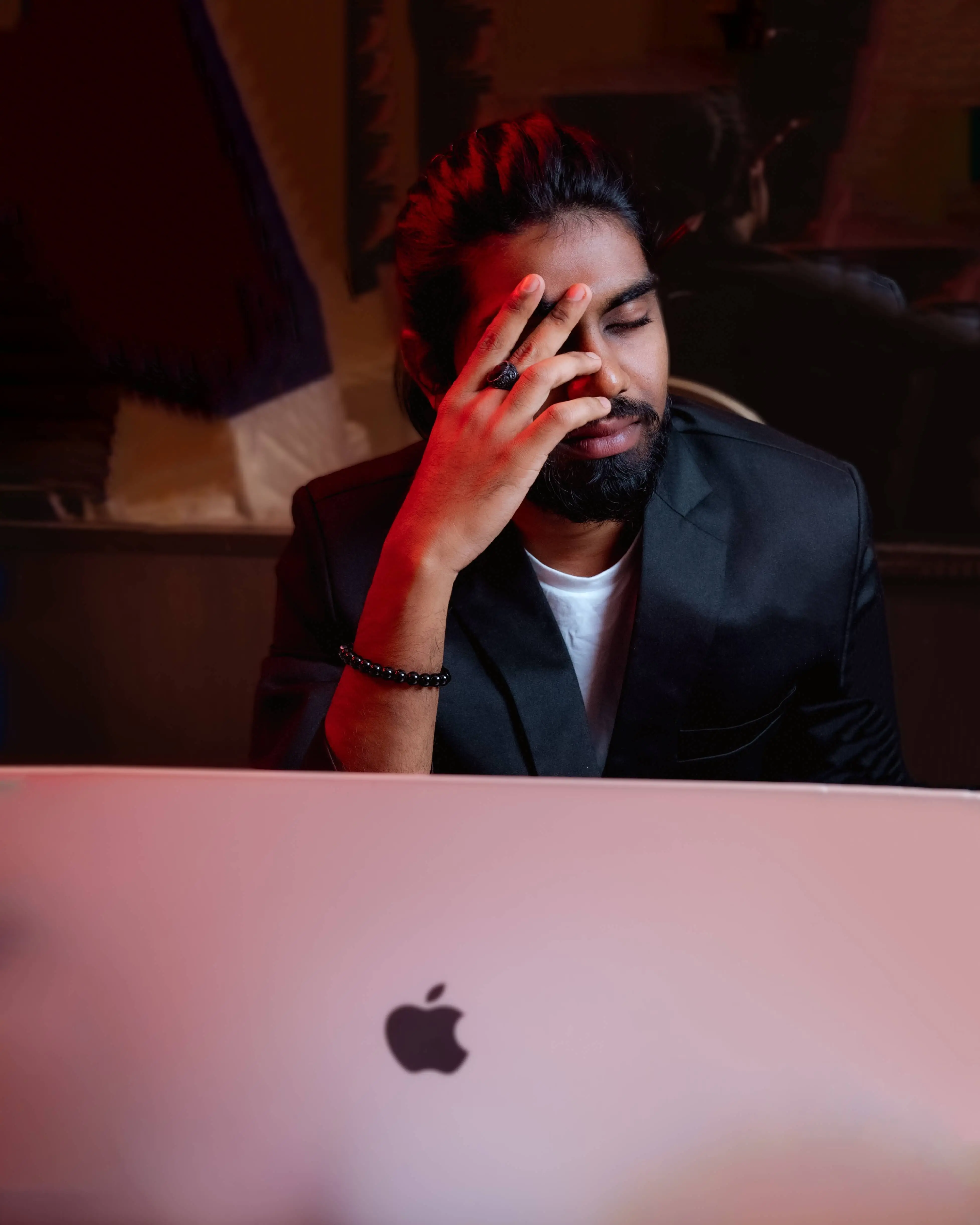
The Future of Video Editing: Will AI Replace Human Editors?
The future of video editing is undoubtedly being influenced by advancements in artificial intelligence (AI) and machine learning. While AI has already begun to streamline certain aspects of the editing process, the complete replacement of human editors by AI is unlikely in the foreseeable future. Here's why:
1. Creative Judgment and Vision:
One of the key elements of video editing is the creative decision-making process. Human editors bring their unique artistic vision, storytelling skills, and understanding of human emotions to the table. While AI can assist with tasks like sorting through footage, generating rough cuts, or even suggesting edits based on patterns, it lacks the nuanced understanding of narrative and emotional impact that human editors possess.

2. Subjectivity and Context:
Video editing often involves understanding the context of the footage, the intended audience, and the message or story being conveyed. These elements are highly subjective and require human intuition and empathy, which AI struggles to replicate accurately.

3. Complexity and Adaptability:
While AI algorithms can be trained to perform specific tasks effectively, they may struggle with handling the complexity and unpredictability of certain editing scenarios. Human editors excel at adapting to changes, experimenting with different techniques, and solving creative challenges on the fly, qualities that AI currently finds difficult to replicate.

4. Collaboration and Communication:
Video editing is often a collaborative process involving input from directors, producers, and other team members. Human editors not only contribute their technical skills but also their ability to communicate and collaborate effectively with others, understanding and incorporating feedback to achieve the desired result.

5. Ethical and Cultural Considerations:
AI-driven editing raises ethical questions regarding issues like bias, representation, and privacy. Human editors are better equipped to navigate these complex ethical and cultural considerations, ensuring that the final product is sensitive to diverse perspectives and adheres to ethical standards.

While AI is making significant strides in the video editing world, it's unlikely to completely replace human editors in the foreseeable future. Here's why:
Current Capabilities of AI:
-Automate repetitive tasks: AI excels at automating time-consuming tasks like basic cutting, color correction, and noise reduction.
-Suggest edits and effects: AI algorithms can analyze footage and propose edits, music choices, or visual effects based on trends or pre-defined styles.
-Generate personalized content: AI can personalize content for individual viewers, like dynamically inserting names or tailoring the pacing to user preferences.

Limitations of AI:
-Lacks creativity and nuance: AI struggles with understanding the meaning and emotional impact of footage, making it difficult to craft stories with the same depth and subtlety as humans.
-Requires human oversight: Most AI-powered editing tools still require human input to guide the process and make final decisions.
-Ethical considerations: AI algorithms can perpetuate biases present in the data they are trained on, leading to ethical concerns surrounding representation and fairness.

The Future of Collaboration:
Instead of replacing human editors, AI is more likely to become a powerful tool that augments their capabilities. Imagine editors using AI to handle tedious tasks, freeing up their time to focus on creative decisions, storytelling, and adding a human touch. This collaboration could lead to:
Faster turnaround times: AI can handle the heavy lifting, allowing editors to work on multiple projects simultaneously.
More accessible editing: AI-powered tools can make video editing more accessible to those without extensive technical knowledge.
Novel creative possibilities: Combining human intuition with AI's automation could unlock new storytelling techniques and visual styles.


